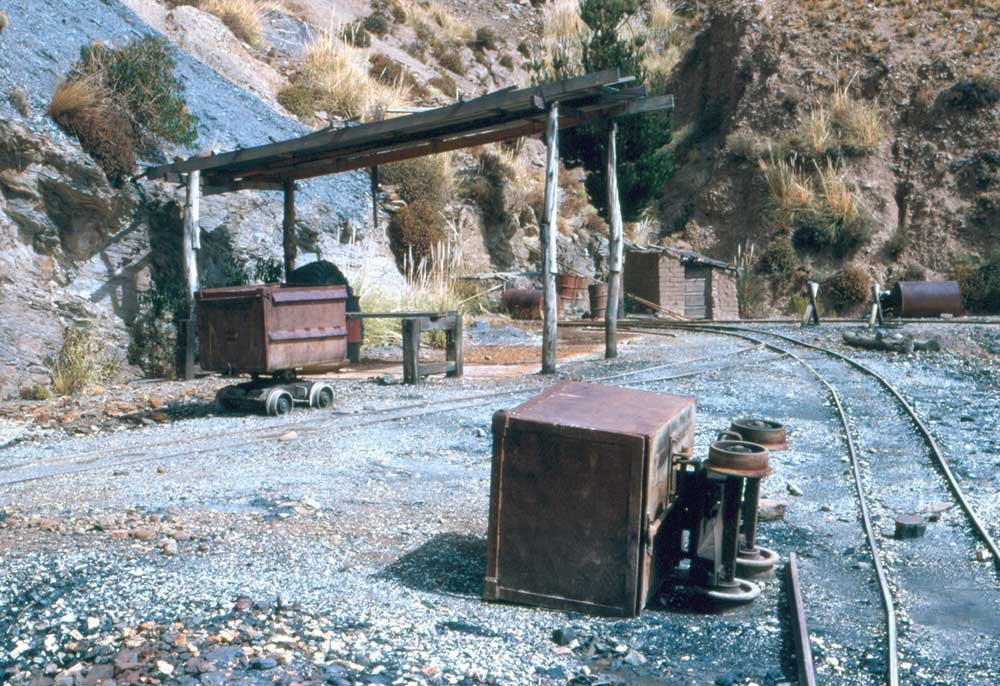GNGS at the GSA meeting Oct. 16
Ten co-authors representing the Global Network for Geoscience and Society (GNGS) will be presenting a paper on Critical Minerals Production and the Future of Mining: Minimizing Adverse Outcomes to the Environment and Communities at the Geological Society of America’s (GSA) Annual Meeting in Pittsburgh on October 16.
In this paper, we will be calling for raising standards of operation to bring the mining industry more in line with circular economic principles. Going beyond being just responsible, standards which many companies still fail to meet, we advocate for standards and practices that will move the industry closer to being sustainable in a real sense.
Because the impacts of mining operations emanate from specific point sources, the industry is uniquely — perhaps strategically — positioned to improve both its performance and the public perception of its value to society by first following the principles of responsible mining as promoted by groups like the Initiative for Responsible Mining Assurance, or IRMA. From there, society can continue elevating our current standards.
The fundamental standards we support are these:
Benefits and costs must be measured using full-cost accounting.
All activities must be consistent with the UN’s Sustainable Development Goals.
There is to be no loss of water quantity or quality.
Temporary impacts only. No permanent contamination.
Must be fully respectful of priorities of indigenous and other local residents.
Must include complete restoration of habitat/topography to mimic the pre-existing state.
And then go another mile with re-wilding and habitat enhancement, leaving the site better than it was before.
If you are going to the GSA meeting this year, we invite you to attend our session and introduce yourself. We look forward to meeting you!
The ABSTRACT for the paper follows. For further information, contact:
Gregory R. Wessel, PhD, LG
Geology in the Public Interest
gwessel@publicgeology.org
ABSTRACT
Current projections from both within and outside the mining industry highlight the need for expanded production of metals necessary to facilitate a transition to renewable energy sources, including lithium, copper, cobalt, nickel, and REEs. Whether these projections can accurately predict the future is debatable, but it is the case that they serve more as catalysts for exploration and justifications for easing mining standards than concrete forecasts.
A significant portion of the required metal production is expected to come from areas previously untouched by mining activities, often situated on lands controlled by indigenous groups or considered sacred. Regardless of location, mining proposals can negatively impact rural communities and landscapes, with that harm extending far into the future. The conflict is a common one: that of short-term financial gain at the expense of conservation and environmental protection. We contend that this conflict would be eliminated if existing and new mining projects first met “responsible mining” standards, and then fully accounted for social and environmental costs that are poorly quantified and rarely counted.
While today’s mining practices fall far short of being sustainable, the push for minerals required for today’s decarbonizing technologies provides an opportunity for the mining industry to meet a higher standard.
A paradigm shift is necessary, viewing mining as a potential contributor to a circular economy involving waste valorization, repurposing, and comprehensive environmental remediation. Additionally, affected communities must be empowered with resources to assess the pros and cons of mining proposals, as they lack the means to engage effectively and ensure their place at the decision table.
In this paper, we will review several past and current mining proposals and examine the conflicts that made them newsworthy, including such projects as the Oak Flat deposit in Arizona, Lithium America’s Thacker Pass project, the Pebble Mine in Alaska, the Twin Metals project in Minnesota and the Panguna mine in Papua New Guinea. Resolution to conflicts like these requires all sides to come together around a forward-thinking stance that values place, people, justice, and future generations.

